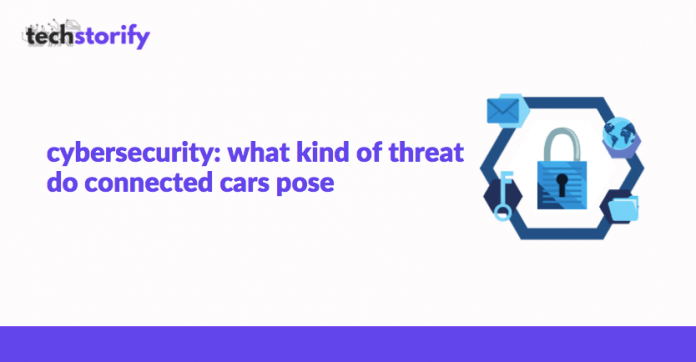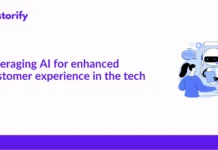On the one hand, modern technologies and the emergence of digital technologies significantly simplify the life of many people, companies and industries. On the other hand, untrained users do not even realize how vulnerable they become in many aspects.
This also applies to our vehicles. Who would have thought that our personal car or rented car could pose a threat to us and become the target of hacker attacks? Modern cars are equipped with new digital components that collect personal data from each driver via an Internet connection.
Last year, connected cars accounted for more than half of all new automobile models. In five years, all automobiles are likely to be Internet-connected.
As a result, securing technology from unwanted access, managing risk strategically, and limiting software vulnerabilities have never been more vital in ensuring the safety of all drivers on the road.
Connection risks
Vehicles are endangered by the embedded digital and software components. In contrast to mechanical elements, which can be verified before the vehicle is put on the road and then reviewed periodically, connected systems must be continually monitored for vulnerability.
Analysts and developers undertake frequent security assessments and detect vulnerable components in all areas of operation. Throughout this connection, each connected vehicle should be subjected to the same frequent examination and control, and any leaks discovered should be fixed as soon as possible through modifications.
You should be aware – as soon as you link your automobile to the Internet, you are putting yourself at risk if you do not take the necessary security precautions. You also cannot be sure that a previous security check will protect your vehicle and you from cyberattacks on any other day.
In this regard, it is important to understand that with a connected and technologically advanced vehicle, you should be as knowledgeable as possible about cybersecurity.
In 2020, the United Kingdom saw a 99% increase in cyberattacks against cars.
Therefore, even if you are going to travel or on vacation, for instance to the UAE, and want to use exotic car rental in Dubai, then you should consult with specialists before connecting and transferring personal data in the car.
The problem will increase with each passing year, as drivers will prioritize high-tech vehicles for increased comfort.
Multilevel problem
In matters of cybersecurity, there is no single answer to solving the problem. Each problem requires an individual approach.
Car manufacturers are interested in producing technically advanced models that make life easier for their owners. Beyond this, manufacturers must collaborate with cyber specialists to reorganize the supply chain so that compatibility and safety are considered during the construction process, during manufacturing, and after the car sale.
Concentrating on the manufacturing of a high-quality product will allow companies to stay ahead of their direct competitors and gain the trust of customers. They will also be able to control expenditures and development stages.
Although it is fairly obvious from the introduction of WP 29 that policymakers are demanding car manufacturers take into account the data security components of their smart transportation, companies are motivated to seek their own strategy to fix this matter to improve and enhance drivers’ safe experience.
The first CDT automotive platform, for instance, has already evolved to address the rising cyber threats of connected automobiles.
This screening tool enables manufacturers to discover and analyze every possible cyber weakness inside the hundreds of thousands of program codes that control a vehicle, and then submit a software update to ensure security throughout its lifespan. The technology gathers all of the information required for continuous risk analysis, allowing for extensive, accurate cyber-analysis of the vehicle’s code. In the future, no less effective and valuable solutions to similar unfavorable circumstances are expected to emerge.
Conclusion
Cybersecurity is up to both car manufacturers and car owners. Companies must work to improve the customer experience and not endanger their clients both on the road and in the retention of personal data.















